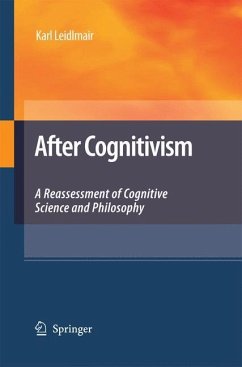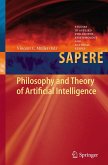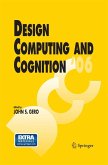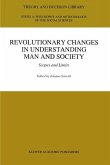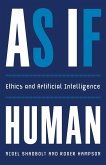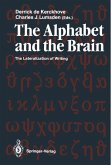There is a basic perplexity in our times. On the one hand, we ?nd a blind trust in technology and rationalism. In our neo-liberalistically dominated world only what can be rapidly exploited and commercialized seems to count. The only opposing reaction to this kind of rationalism is an extreme rejection of all kinds of reasoning, and sometimes attendant religious fundamentalism. But instead of re?ecting on the limits and possibilites of reasoning, dialogue is replaced by a demagogic struggle between cultures. One cause of the blind trust in technology is misunderstandings about the sign- cance and the application of theories in the reception of the so-called Enlightenment. The Enlightenment is essentially characterized by two forces: (i) the conception of society as a social contract and (ii) the new science (New- nian physics, etc.). But as a result we lost ground: Atomistic individualism nourished the illusion of a self-contained ego prior to man's entering into a shared inter-subjective world. And in the new science, our constructions of reality became autonomous and indep- dent of our interventions. Thus we became caught in the inherent dynamism of our computational constructions of reality. Science, as it is applied today, operates with far too simple parameters and model-theoretic constructions - erroneously taking the latter (the models) as literal descriptions of reality.
Bitte wählen Sie Ihr Anliegen aus.
Rechnungen
Retourenschein anfordern
Bestellstatus
Storno

